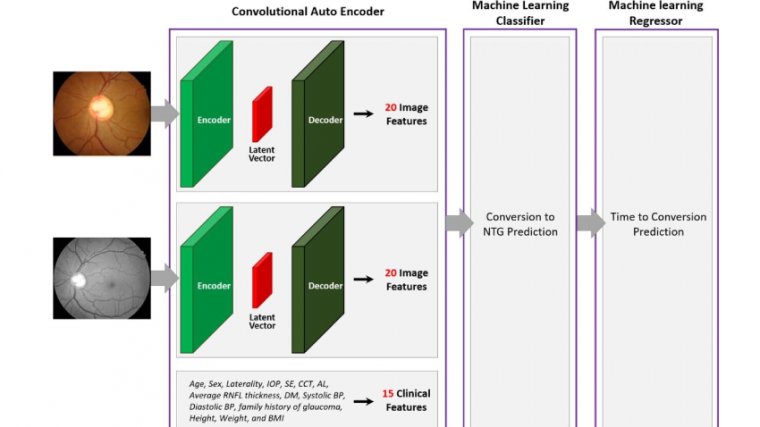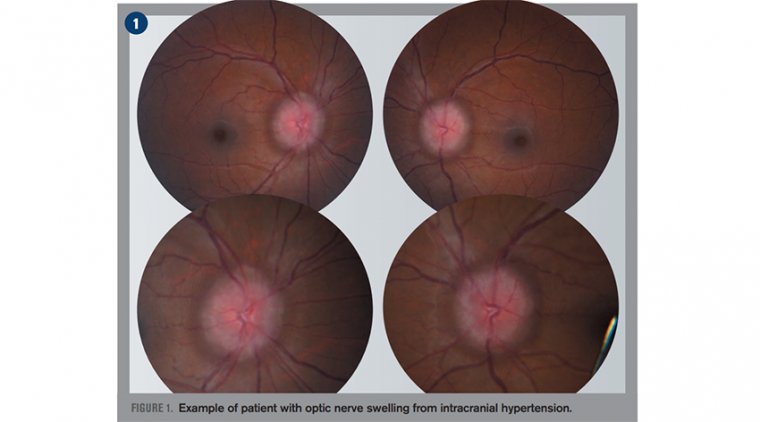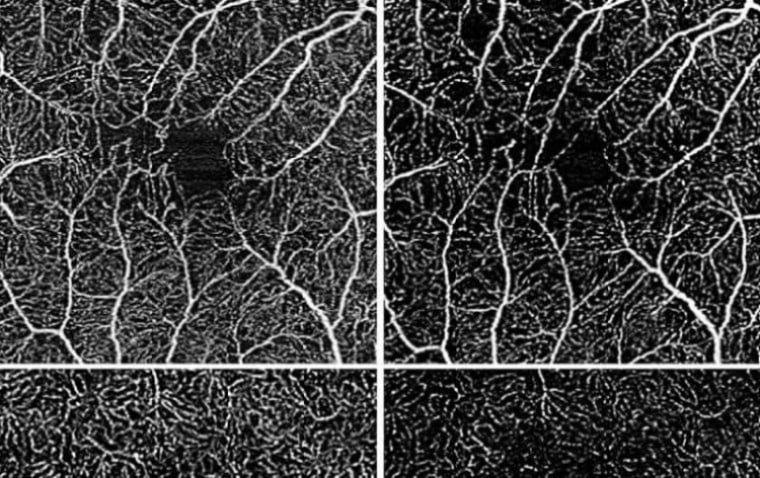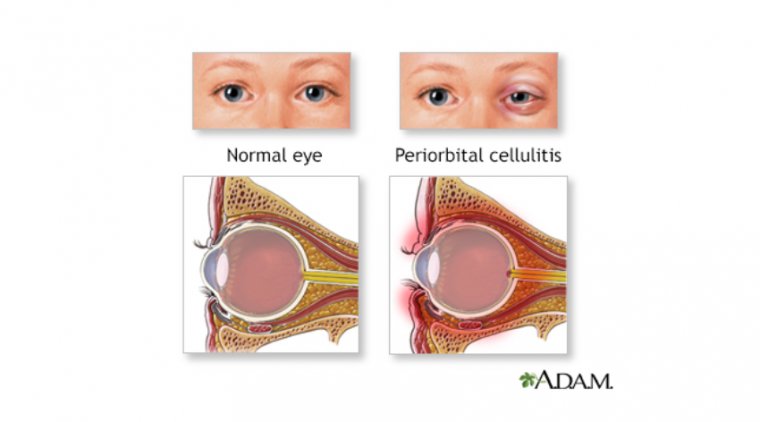
VEGF Therapy in nAMD Linked to Reduced Mortality Risk
A comprehensive nationwide study in Denmark has uncovered valuable insights into the long-term effects of vascular endothelial growth factor (VEGF) inhibitors on patients with neovascular age-related macular degeneration (nAMD).
Spanning 16 years, the study observed a reduced risk of all-cause mortality and a slightly increased risk of cardiovascular disease (CVD) among those treated with VEGF inhibitors, shedding light on the therapy’s safety regarding mortality and CVD risk for patients aged 65 and older.
A Closer Look at nAMD
Neovascular age-related macular degeneration (nAMD) is a critical condition that significantly contributes to severe vision loss among the elderly population globally. It is characterized by the growth of abnormal blood vessels under the macula, leading to rapid vision deterioration. VEGF inhibitors have revolutionized nAMD treatment, offering hope to millions by slowing disease progression and, in some cases, improving visual acuity. However, the systemic effects of long-term VEGF suppression have been a subject of ongoing debate among healthcare professionals.
Key Findings: Reduced Mortality and Slight Increase in CVD Risk
“Our findings provide strong evidence for the high safety profile of intravitreal VEGF inhibitors in patients with nAMD, which has not been previously confirmed in a large-scale nationwide population-based study,” stated Benjamin Sommer Thinggaard, MD, from the University of Southern Denmark's Department of Clinical Research. This marks a significant advancement in understanding the implications of VEGF inhibitors, which have been pivotal in treating nAMD and other retinal disorders since the early 2000s. Despite their widespread use, concerns about the potential systemic effects of VEGF suppression have persisted.
The study leveraged data from the Danish National Patient Registry, comparing 37,733 individuals with nAMD to 1,897,073 without, from January 2007 through December 2022. The findings indicated that patients treated with VEGF inhibitors had a 21% lower risk of dying from any cause compared to those without nAMD and a modest 4% increase in the risk of developing composite CVD.
Exploring Treatment Effects: Dose and Duration
Interestingly, the study also noted a decrease in all-cause mortality with an increased number of VEGF inhibitor injections, suggesting a potential link between treatment intensity and survival benefits. However, no significant association was found between VEGF inhibitor treatment and CVD risk across different age groups, except in a specific subgroup aged 65 to 70 years.
The researchers proposed that the lower mortality risk observed might not directly result from the medication but could instead reflect a selection bias, where patients chosen for VEGF treatment are generally healthier and less frail. “This speculation arises from the possibility that patients selected for VEGF inhibitor treatment may exhibit lower frailty and less severe comorbidities, factors that may not be adequately captured in registry-based data,” the team concluded.
This study's findings are crucial in reinforcing the safety and potential benefits of VEGF inhibitors in managing nAMD, providing clinicians and patients with reassurance about the long-term implications of this widely used treatment.
References
Thinggaard BS, Frederiksen K, Subhi Y, et al. VEGF Inhibition Associates With Decreased Risk of Mortality in Patients With Neovascular Age-related Macular Degeneration. Ophthalmol Sci. 2023;4(3):100446. Published 2023 Dec 7. doi:10.1016/j.xops.2023.100446
Finger RP, Daien V, Eldem BM, et al. Anti-vascular endothelial growth factor in neovascular age-related macular degeneration - a systematic review of the impact of anti-VEGF on patient outcomes and healthcare systems. BMC Ophthalmol. 2020;20(1):294. Published 2020 Jul 17. doi:10.1186/s12886-020-01554-2
(1).jpg)










